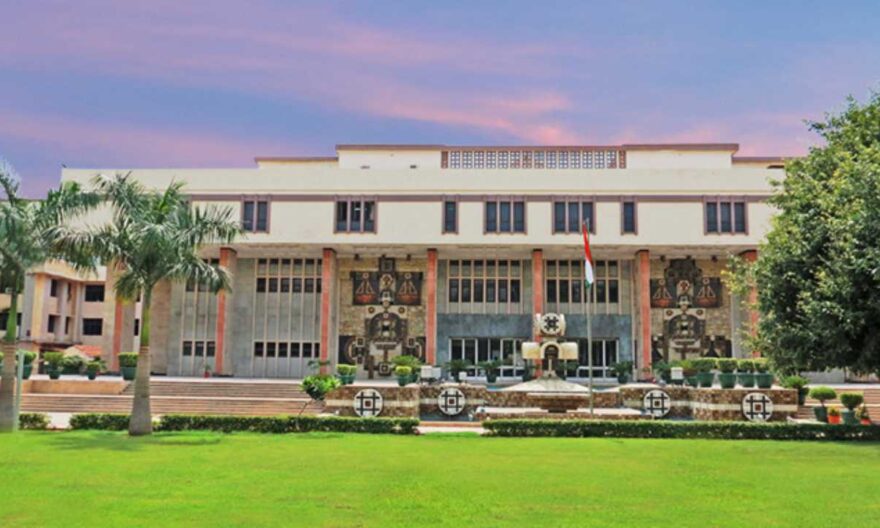
The Delhi High Court has recently dismissed a plea challenging the method of empanelment of advocates to represent the Central government.
A division bench of Chief Justice Satish Chandra Sharma and Justice Subramonium Prasad held that the Government of India, being one of the largest litigants in the country, has the freedom to appoint its own lawyers.
The court observed that there is no fixed salary or retainer fee for the empanelled lawyers representing the Central government. These lawyers are compensated on a case-to-case basis. The court stated, “A litigant can always choose a lawyer to represent him and the Government of India, which is one of the largest litigants in the country, has the freedom to appoint its own lawyers. This Court is of the view that the present petition is nothing but a Publicity Interest Litigation.”
The PIL was filed by Rajinder Nischal, who himself was an empanelled government counsel. The petitioner argued that the panel size and the mode of empanelment violated the law laid down by the Supreme Court in State of Punjab v. Brijeshwar Singh Chahal. However, the court noted that the challenge in the present case pertained to the method of empanelment, not the appointment to a specific post. It further highlighted that the petitioner had filed the petition after being denied extension or reappointment.
The High Court dismissed the PIL, stating that it lacked any public interest and appeared to be an attempt to disrupt the established process. The petitioner, Rajinder Nischal, appeared in person, while the Central government was represented by Additional Solicitor General (ASG) Chetan Sharma, Central Government Standing Counsel (CGSC) Apoorv Kurup, and Advocates Amit Gupta and Ojaswa Pathak.




